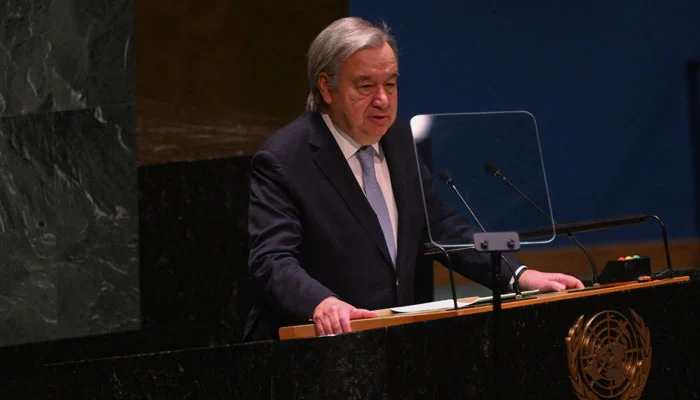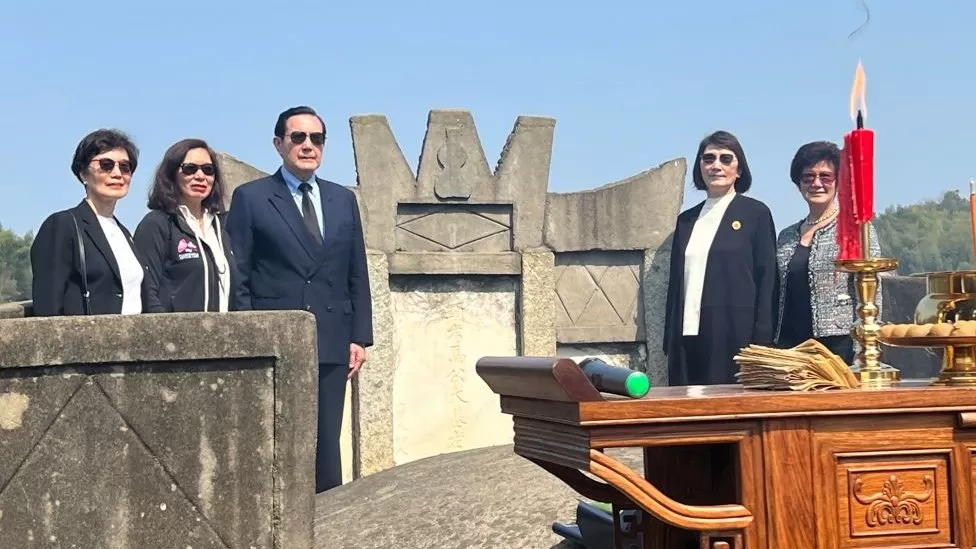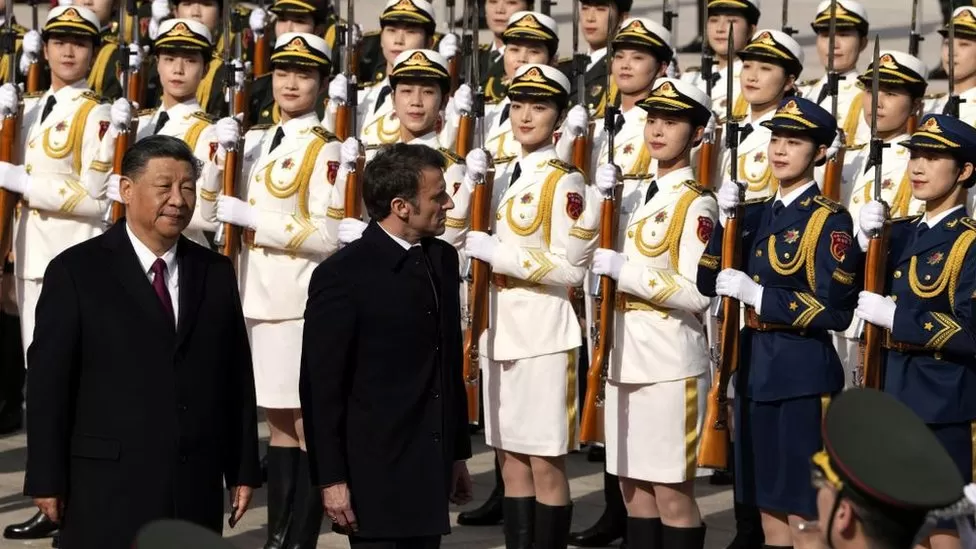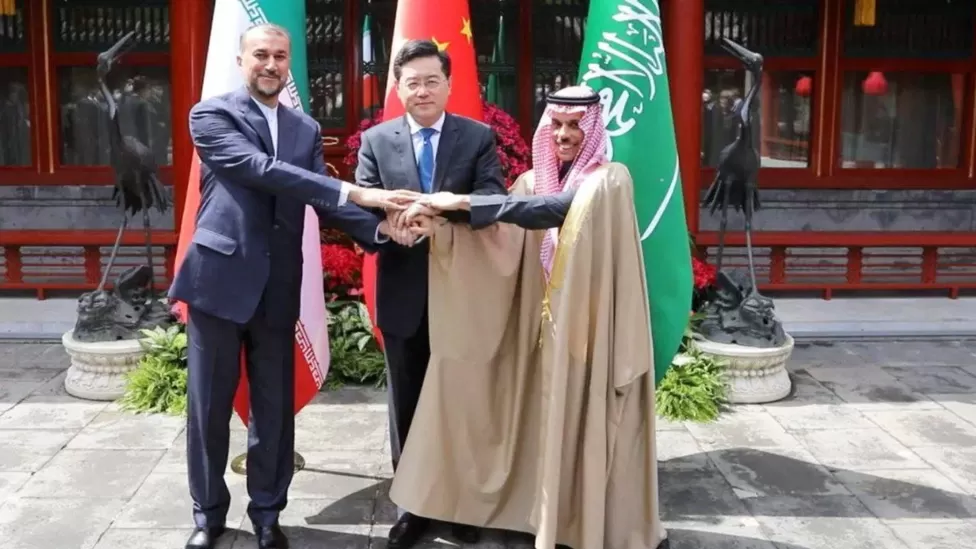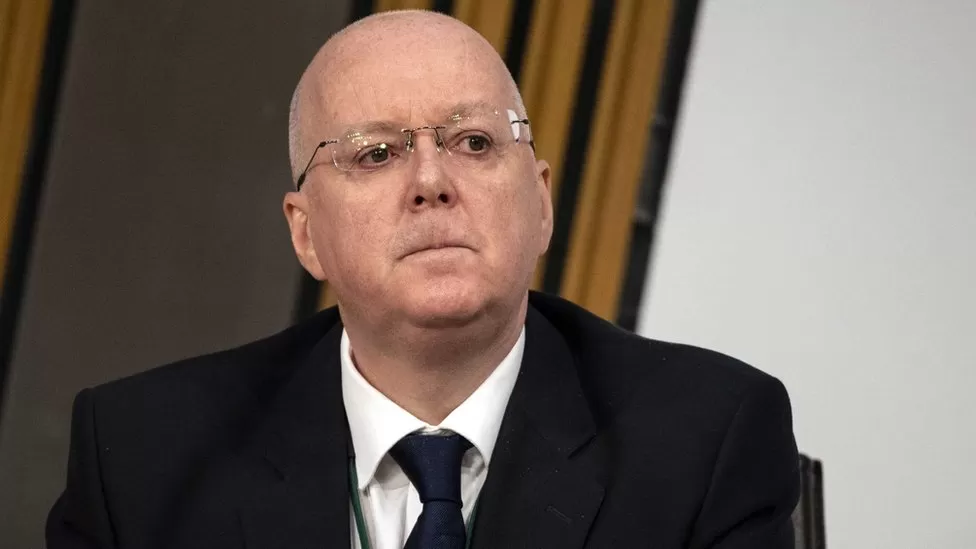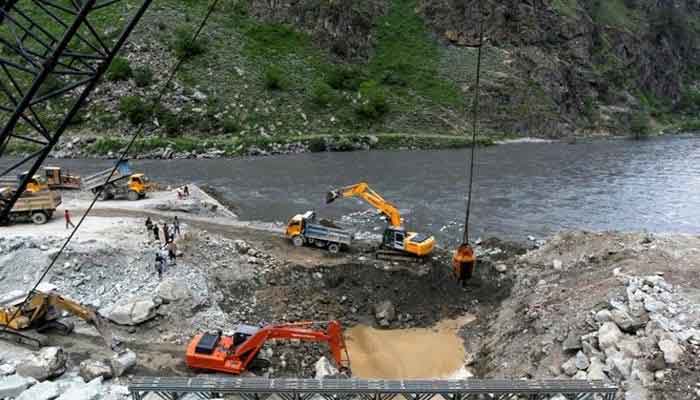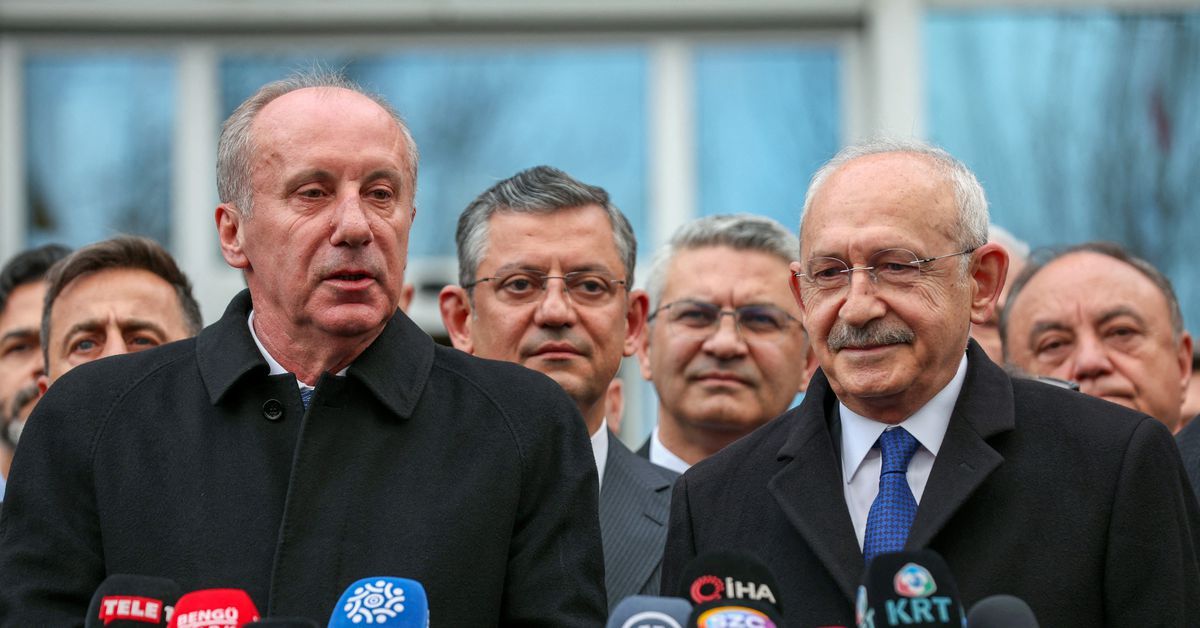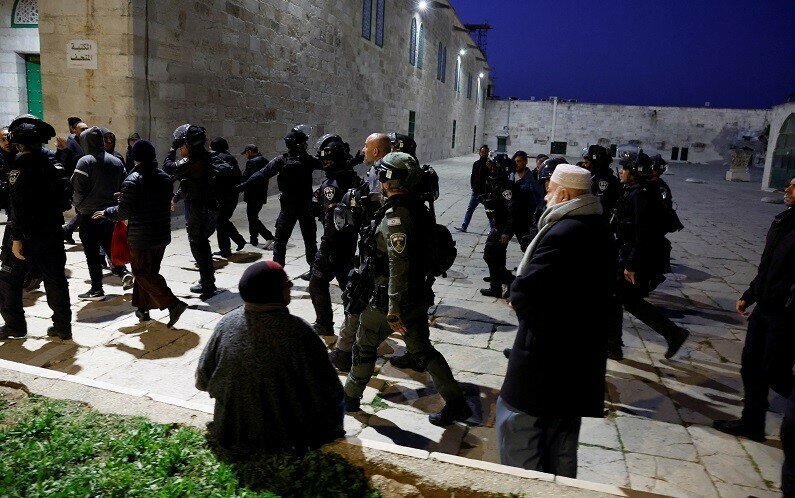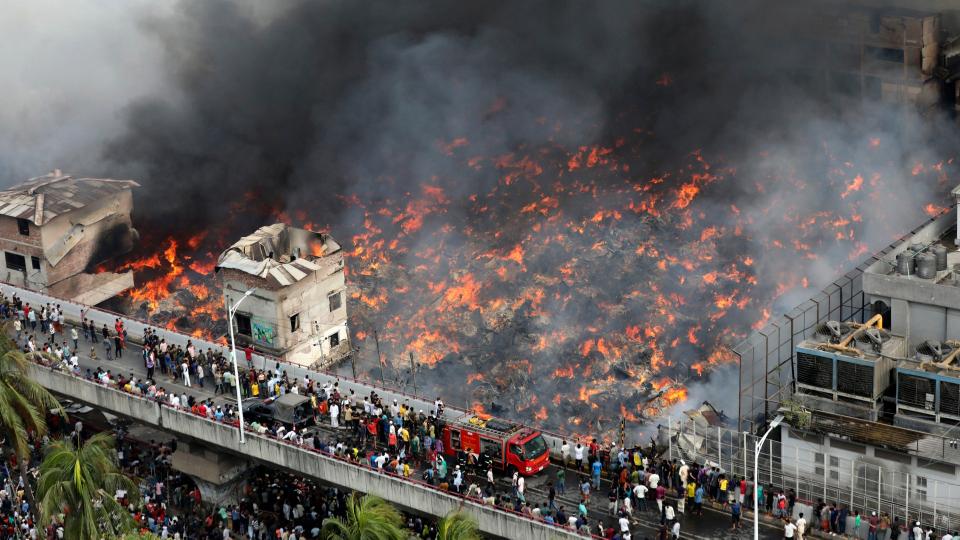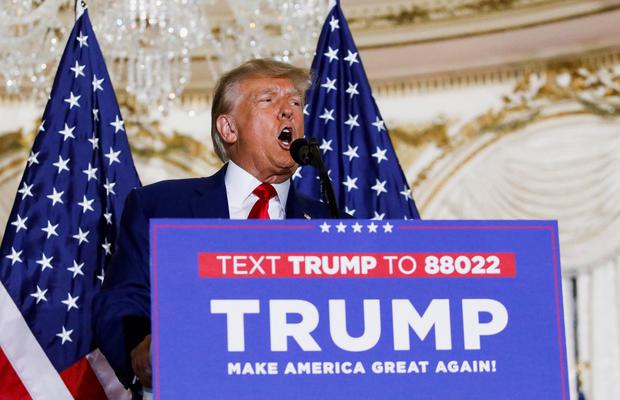UNITED NATIONS: Amid Israeli attacks on Palestinians inside Al-Aqsa mosque, UN Secretary-General Antonio Guterres has called for people of faith worldwide to “join their voices in a common prayer for peace”, as the holy observances of Ramadan, Easter and Passover coincide this week.
The UN chief, during an interview with UN News’s Arabic service, acknowledged that peace is “dramatically lacking” in many parts of the world.
According to Al Jazeera, tension is running high in the Gaza strip as the Israeli police raided the Al-Aqsa compound for a second consecutive night, firing stun grenades and rubber-coated steel bullets at Palestinian worshippers.
“Videos from the site show armed troops forcibly emptying the mosque from worshippers who had gathered there for Ramadan prayers,” the publication said.
The remarks from the UN chief came ahead of what has now become an annual visit for him, to a Muslim country beset by challenges, during the holy month of Ramadan, saying that the experience gained in those visits and his interaction with the people had enriched his knowledge of Islam.
“I think this is the moment for us to be all united for peace. Peace is the most precious thing that we can have in the world”, Guterres said.
“So, this is the moment to come together and for those that believe in God [in] different ways, with different expressions, to join their voices in a common prayer for peace.”
The UN chief began his tradition of paying a solidarity visit during Ramadan, while he was High Commissioner for Refugees, running the refugee agency UNHCR — a job he held for ten years, before taking up the UN’s top job in 2017.
“The majority of the refugees were Muslim, and the majority of the communities hosting refugees with enormous generosity and solidarity, were Muslim”, he told UN News’s Reem Abaza, noting that the 1951 Refugee Convention on the Protection of Refugees, is fully in line with the spiritual values of the Holy Quran.
He said his annual visit to refugee camps or settlements as UNHCR chief, where he fasted in solidarity, also provided an opportunity to highlight the generosity being shown by host communities.
“When I became Secretary-General, I thought that this tradition should be maintained — now, not focused on refugee communities, but focused on the Muslim communities that are suffering”, he said.
Next week, he is heading to Somalia, which is still teetering on the brink of full-scale famine, according to UN humanitarians, with nearly half of the population — some 8.25 million — in need of lifesaving assistance or protection.
Asked what insight joining Muslims fasting during Ramadan has given him over the years, the UN chief said it showed him, “the true face of Islam.”
“The sense of peace, the sense of solidarity, the sense of generosity that I witnessed in the communities hosting refugees, and also the resilience, the courage of the refugees themselves was extremely inspiring. And it remains a very important inspiration for everything I do today, as Secretary-General of the United Nations.”


